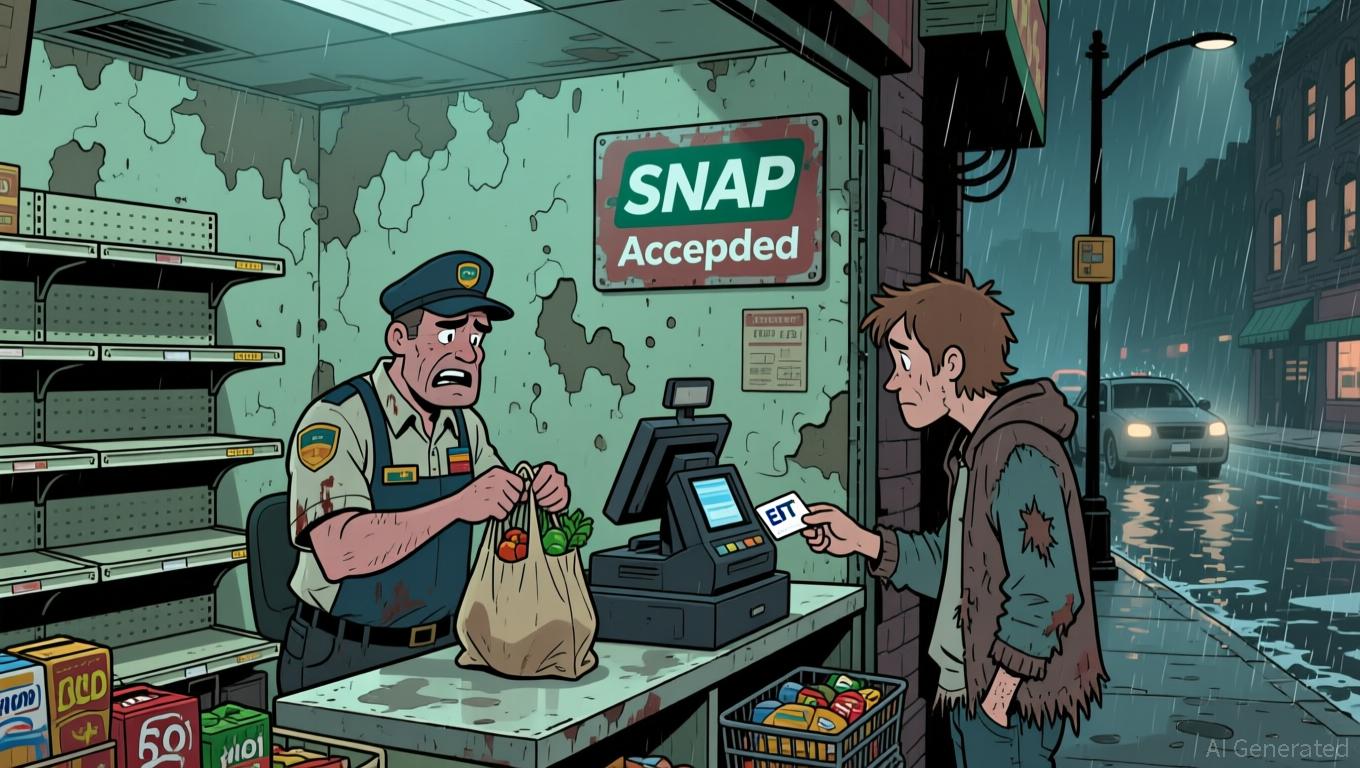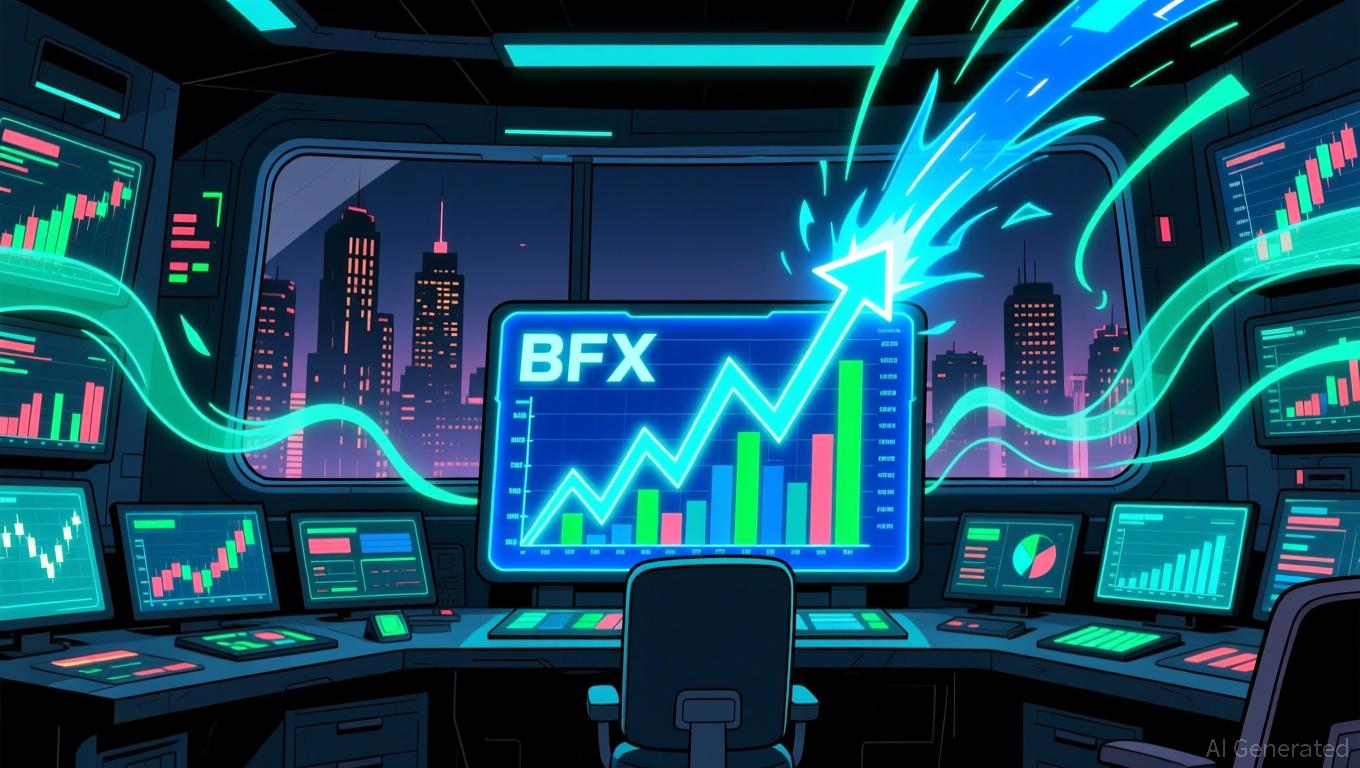Government shutdown suspends SNAP, putting a stop to $1.54B in economic activity
The ongoing U.S. government shutdown, now reaching its 40th day, has brought increased attention to the Supplemental Nutrition Assistance Program (SNAP), as small business owners and community advocates denounce the situation as "inhumane." Ryan Sprankle, who runs a family-owned grocery chain near Pittsburgh, has shifted from welcoming presidential visits to urgently warning about the devastating effects of delayed SNAP payments on his stores and the families who depend on them. "You can't take away from the most needy people in the country," Sprankle said, noting that his stores have experienced a 25% decline in revenue from customers who rely on SNAP,
The crisis began when the Trump administration halted federal SNAP funding on November 1, leaving 42 million Americans without full access to food assistance. The USDA instructed states to "immediately undo" any actions taken to distribute full November benefits after the Supreme Court temporarily blocked a lower court's order requiring their release,

In Hartford, Connecticut, the Grocery on Broad—a nonprofit store serving a neighborhood with high food insecurity—has seen a significant drop in customers since the funding interruption. Ben Dubow, the store’s executive director, said that more than half of their shoppers depend on SNAP, and the funding gap threatens both their ability to stock fresh food and maintain local jobs. "The food ecosystem is really complex and has a huge economic impact," Dubow said, warning that the shutdown could signal even greater food insecurity ahead, especially with inflation and policy changes,
The legal fight over SNAP funding has only added to the confusion. While Democratic attorneys general and advocacy groups have won court orders to restore benefits, the Trump administration’s appeal—and the Supreme Court’s decision to extend the stay until November 13—has resulted in inconsistent compliance across the country. Some states, such as Wisconsin and Massachusetts, have chosen to ignore federal instructions, with Governor Tony Evers pledging to continue payments despite possible penalties,
Meanwhile, the economic fallout continues to grow. Kanbe's Markets, a nonprofit that supplies produce in Kansas City, has reported a 10% decrease in convenience store sales and a sharp increase in demand at food pantries. Founder Maxfield Kaniger described the situation as "intentional chaos," as store owners try to manage shrinking income and rising costs for perishable goods,
The Senate approved a funding bill on November 9 to reopen the government and restore SNAP funding, but the House has not yet taken action. Experts caution that even a quick resolution may not undo all the harm. The Congressional Budget Office estimates the shutdown could cost the U.S. economy $14 billion, with small businesses facing lasting challenges from lost sales and wasted inventory,
As the deadlock drags on, Sprankle and other grocers are determined to persevere. "If I have to sell my truck, we're going to give Christmas bonuses," he said, highlighting the personal sacrifices being made for employees and their families,
---
Disclaimer: The content of this article solely reflects the author's opinion and does not represent the platform in any capacity. This article is not intended to serve as a reference for making investment decisions.
You may also like
Cardano News Today: Blockchain Evolves as Practical Applications Surface During DeFi Upheaval
- Blockchain industry shifts from speculation to real-world utility in real estate , privacy protocols, and DeFi, driven by projects like Propy and Lygos Finance. - Privacy chains (Midnight, Zcash) gain traction with hybrid compliance-privacy models, while DeFi faces TVL declines and security breaches like Balancer's $120M exploit. - Digitap's fintech app and Europe's institutional crypto adoption highlight blockchain's mainstream appeal, with euro-denominated futures and DeFi yields attracting investors.

Bitcoin Updates Today: BlockchainFX Secures AOFA License, Paving the Way for Major Crypto Shakeup in 2026
- BlockchainFX secured an AOFA license, enhancing its global legitimacy as a regulated crypto platform. - Its $11M presale with 17,300+ participants and $0.03 token price targets 2026 growth amid multi-market access. - Analysts highlight its regulatory edge over unlicensed rivals like Hyperliquid and Bitcoin's speculative potential. - Market dynamics favor BlockchainFX as crypto surges to $3.5T, though risks include volatility and regulatory scrutiny.

Solana News Update: As Interest in Solana Memes Declines, DeFi Activity Surges Amid User Departures
- Solana's active addresses hit a 12-month low as memecoin-driven hype wanes, despite token price rebounding to $165. - DeFi resilience seen with $5.11B DEX volume in mid-November, outpacing Ethereum and BNB Chain. - Staking growth accelerated by 2.9M SOL increase and new U.S. Treasury rules enabling crypto ETF staking rewards. - Price faces $172 resistance; technical indicators show 62% pullback probability to $150 support zone. - Institutional adoption and real-world utility critical for Solana to sustai
Circle's Soaring Revenue Fails to Ease Concerns Over Profitability Amid Falling Share Prices
- Circle's shares fell 9.3% post-Q3 2025 earnings despite 66% revenue growth to $740M and record USDC adoption, erasing IPO gains. - USDC circulation hit $73.7B (+108%) and on-chain volume reached $9.6T (+680%), but $4.48/share Q2 loss vs $0.64 GAAP EPS raised profitability doubts. - Strategic partnerships with Deutsche Börse/Visa and reversible stablecoin pilots aim to strengthen USDC's market leadership against Tether . - Analysts split between J.P. Morgan's Sell and Monness Crespi's Buy ($150 target), w